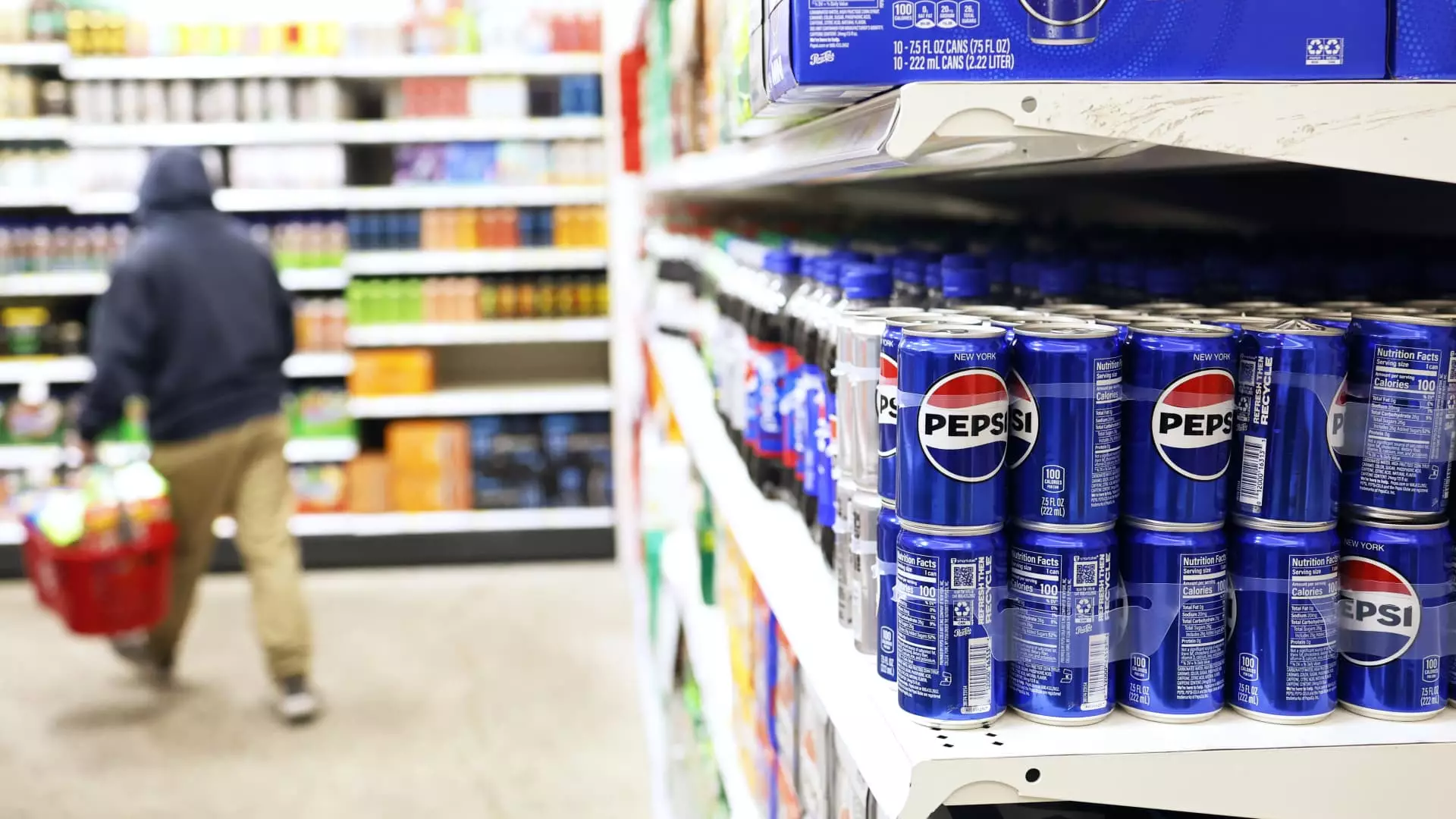In a significant legal maneuver, the Federal Trade Commission (FTC) has initiated a lawsuit against PepsiCo, claiming that the beverage titan engaged in illegal price discrimination practices. Central to the FTC’s argument is the assertion that PepsiCo granted preferential pricing to one key retailer—speculated to be Walmart—thus violating the Robinson-Patman Act. This law, enacted in 1936, is designed to prevent sellers from offering different prices to competing buyers for the same products, a practice that could disadvantage certain retailers and stifle competition in the marketplace.
According to sources familiar with the case, the FTC argues that PepsiCo’s actions not only included favorable pricing but also extended to promotional payments, allowances, and support tools that were not equally distributed among its retail partners. The agency’s complaint has been filed in the Southern District of New York, although significant portions of the document remain sealed. These redactions concern the specifics of the allegations and the identities of the parties involved, limiting the public’s access to critical details of the alleged misconduct.
PepsiCo has vehemently denied the allegations put forth by the FTC. In a statement, the company articulated its position as consistent with standard industry practices, insisting that it does not provide preferential discounts or promotions exclusively to select customers. The company’s stance highlights a broader discussion around competitive practices within the marketplace, as corporations navigate the intricate balance between promotional strategies and compliance with antitrust laws.
While Walmart has remained silent on the matter, the implications of this lawsuit reach far beyond just PepsiCo. If found guilty, the beverage manufacturer could set a precedent that may affect pricing strategies in the wider market. Competitors and smaller retailers who may have experienced inflated prices due to unequal pricing practices could find their grievances validated in a legal framework, potentially transforming how relationships between manufacturers and retailers are structured.
The Robinson-Patman Act has a storied history, reflecting a time when the federal government was more active in regulating market competition. However, enforcement waned significantly during the deregulation period of the 1980s. The FTC’s recent decision to revive its enforcement of the law emphasizes a shift towards protecting competition and addressing price discrimination concerns, signaling potential new scrutiny on similar practices in various industries.
This lawsuit arrives in a politically charged environment, as the Biden administration makes a series of legal maneuvers targeting large corporations and prominent executives in its closing days. With changes expected in FTC leadership following President-elect Donald Trump’s inauguration, the sustainability of such aggressive legal actions remains to be seen. The actions taken by the FTC under Lina Khan’s leadership may reflect a broader commitment to reestablishing regulatory frameworks that prioritize fair competition, creating a potentially transformative shift in the landscape of antitrust enforcement in the U.S.
PepsiCo’s battle with the FTC represents not only a legal challenge for the company but also a critical moment in the ongoing discourse on corporate pricing practices and regulatory oversight. As this legal story unfolds, it could have lasting repercussions on the industry and set precedents for future corporate behavior.

